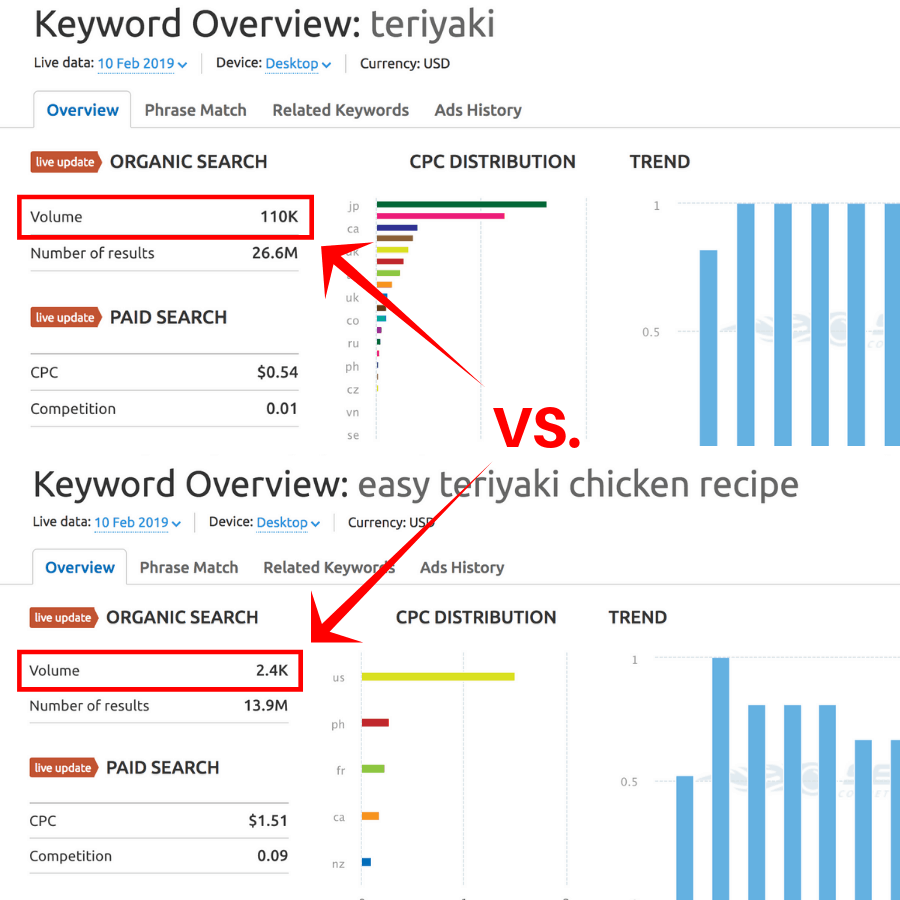Last year, there were over 33 million small businesses in the US alone. However, launching and growing a small business is no easy task, and it takes both passion and planning. As your business advances, investing in the appropriate tools can dramatically improve its efficiency and productivity.
From managing inventory, customer data gathering, or online promotion to inventory tracking solutions, there are tools designed specifically to assist every aspect of operations and help ensure their success.
Here, we explore essential tools designed to simplify processes while saving time and ensuring long-term growth and expansion.

Table of Contents
Inventory Management: Tracking What You Have in Stock
Inventory management software can be one of the most valuable tools for any small business. Tracking stock counts and checking levels from afar lets businesses know what items are on hand and helps prevent running out of popular goods.
Moreover, inventory tools offer insights into which items move quickly, crucial for retail. Using clothing inventory management tools means you won’t run out of trendy pieces, and you can discount items that sell more slowly. For small businesses that depend on precise stock data, investing in such tools is vital to staying organized and meeting customer needs.
Customer Relationship Management (CRM): Staying Connected with Customers
Customers are the core of any thriving business. By using a customer relationship management (CRM) tool, businesses can keep track of, organize and manage their interactions with customers all in one place. CRMs hold important customer info like contact info, past buys, and chat history, letting companies offer personalized experiences that make customers return time and time again.
Small businesses can use CRMs to keep in touch with customers better. By grouping customers, such as repeat buyers, one-time shoppers, and newsletter readers, you can target your marketing more smartly; maybe send welcome notes to new clients and reward loyal ones with discounts or other special deals.
Accounting Software: Simplifying Financial Management
Managing finances can be tough and takes a lot of time for business owners, especially when juggling many duties. Accounting software helps by making many key financial tasks easier, like keeping track of income and spending and creating invoices. It also helps get ready for tax time, all without the chance of making human mistakes.
Many online accounting software can assist in keeping an accurate record of your business’s finances. Many programs also integrate seamlessly with other tools, making it simpler to import transactions, manage payroll, and generate financial reports. Automating these processes means staying ahead of your finances without the assistance of an outside accountant and cloud-based options provide greater control and flexibility over money matters for your company.

Project Management Tools: Keeping Projects on Track
Small businesses often juggle many roles and handle different projects at once, like launching products or planning marketing efforts. Tools for managing projects offer ways to sort tasks, give out duties, and watch how work is moving along. This is really useful when dealing with teams or hiring freelancers. These tools help make sure everyone knows what’s going on and all deadlines are met on time.
Trello and Asana are two major project management apps designed to help break projects down into manageable chunks, assign team members to tasks they own, and set deadlines for completion. With their file-sharing features, comment sections for team collaboration, and notifications on updates all in one convenient location, they make it easier to keep projects organized and every team member on the same page.
Marketing Tools: Boosting Your Brand’s Visibility
Marketing is key to a small business’s ability to draw in customers and increase brand recognition. Digital tools that help you reach more people, manage campaigns, track results, and handle social media or email marketing can aid your efforts by helping to efficiently target markets.
Social media scheduling tools let you plan and post in advance, saving time and keeping things consistent across platforms. Email marketing tools help you make eye-catching newsletters, craft targeted campaigns, analyze outcomes, and improve future strategies. By investing in these tools, your business can create a strong online presence, engage customers, and boost sales. They provide insight into which content clicks with audiences and support decisions based on data, thereby strengthening marketing strategies over time.
Website Backup Tools: Preparing for the Unexpected
Building a website is a significant investment of both time and money. However, even with regular maintenance, websites can still be vulnerable to crashes or hacking attempts. To protect your business’s online presence, investing in website backup tools can provide peace of mind and save you from potentially costly damages.
These tools regularly back up all content on your website so that it can be easily restored in case of any unforeseen events. They also offer additional features such as malware scanning and security checks to ensure your website stays safe and secure. Investing in these tools is essential for small businesses relying heavily on their online presence to reach customers and generate revenue.
Bottom Line
Investing in the right tools can transform how you run your small business. From keeping inventory under control to cultivating strong customer relations, each tool plays a crucial role in driving its development and success. By streamlining processes and automating tasks, these tools allow more time for what matters: providing excellent products or services to your customers. Take the time to explore all available options until finding tools tailored precisely to meet your company goals- a well-thought-of selection could give your firm an edge in today’s marketplace!
























